Indigenous Governance Database
Great Tribal Leaders of Modern Times
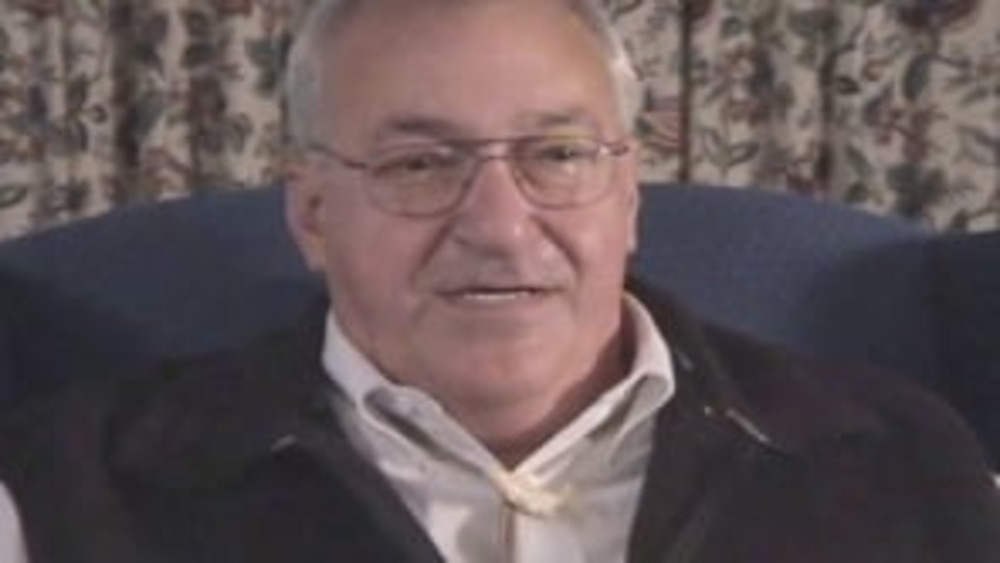
Great Tribal Leaders of Modern Times: Roy Sampsel
Produced by the Institute for Tribal Government at Portland State University in 2004, the landmark “Great Tribal Leaders of Modern Times” interview series presents the oral histories of contemporary leaders who have played instrumental roles in Native nations' struggles for sovereignty, self-…
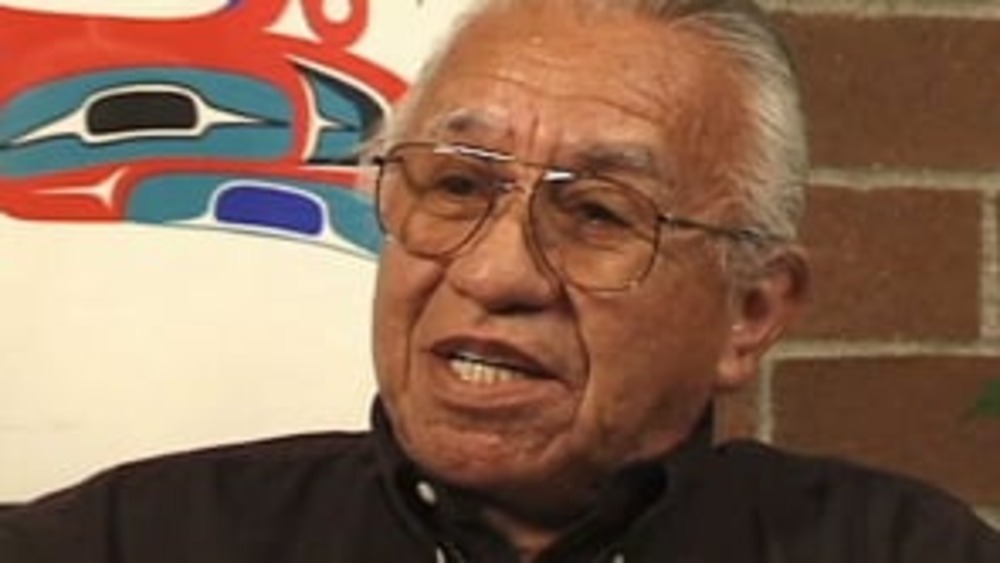
Great Tribal Leaders of Modern Times: Billy Frank, Jr.
Produced by the Institute for Tribal Government at Portland State University in 2004, the "Great Tribal Leaders of Modern Times" interview series presents the oral histories of contemporary tribal leaders who have been active in the struggle for tribal sovereignty, self-determination, and treaty…
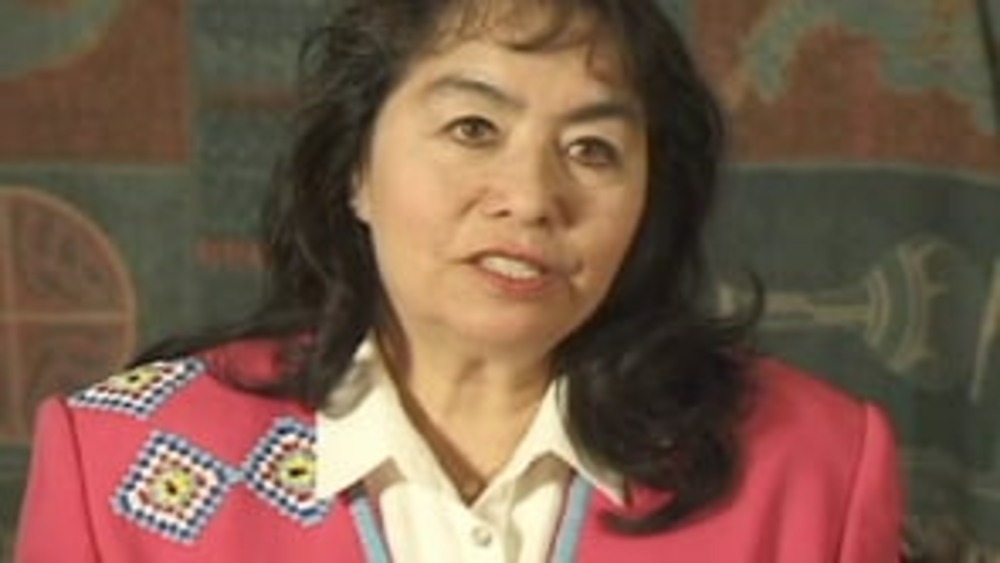
Great Tribal Leaders of Modern Times: Gay Kingman
Produced by the Institute for Tribal Government at Portland State University in 2004, the landmark “Great Tribal Leaders of Modern Times” interview series presents the oral histories of contemporary leaders who have played instrumental roles in Native nations' struggles for sovereignty, self-…
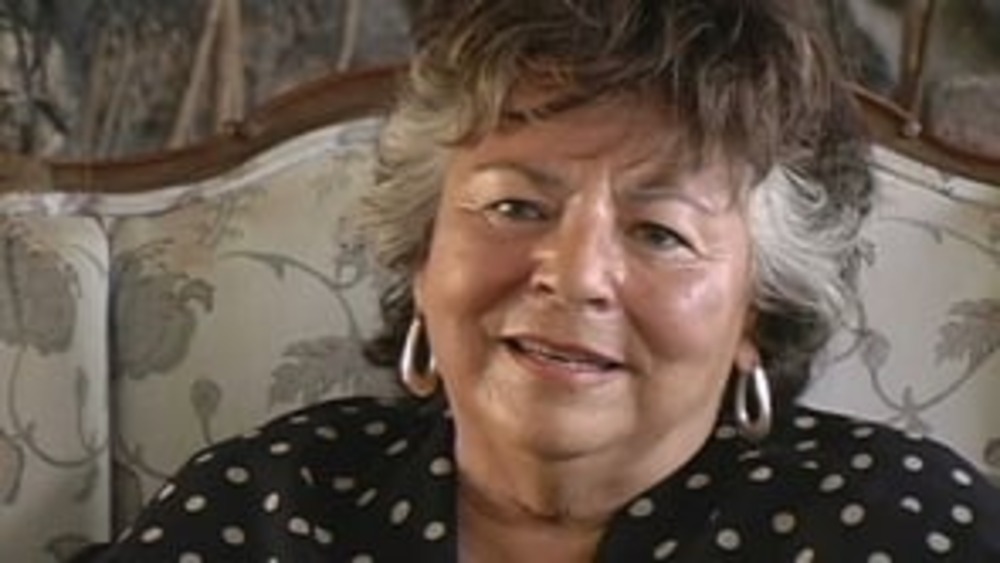
Great Tribal Leaders of Modern Times: LaDonna Harris
Produced by the Institute for Tribal Government at Portland State University in 2004, the landmark “Great Tribal Leaders of Modern Times” interview series presents the oral histories of contemporary leaders who have played instrumental roles in Native nations' struggles for sovereignty, self-…
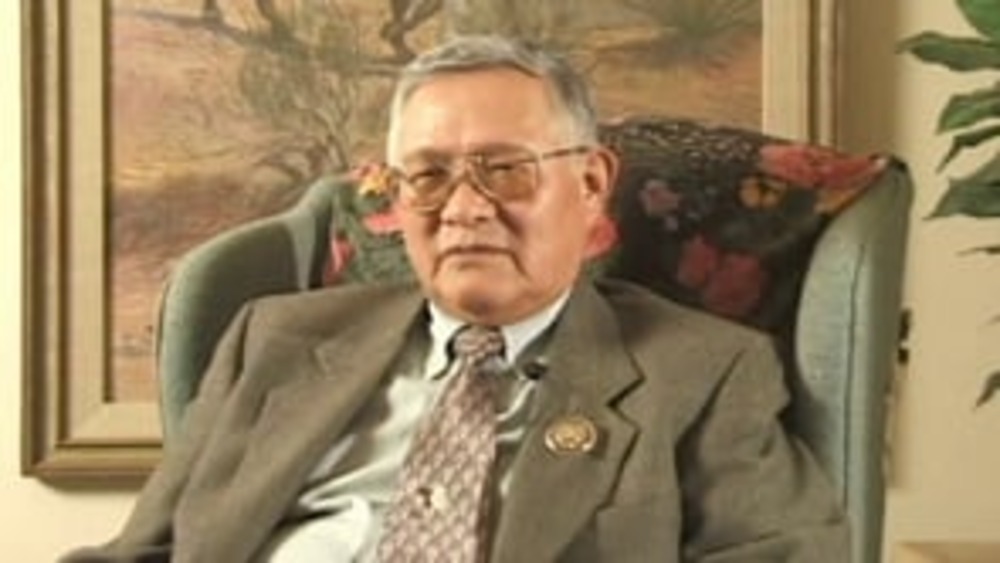
Great Tribal Leaders of Modern Times: Edward T. Begay
Produced by the Institute for Tribal Government at Portland State University in 2004, the landmark “Great Tribal Leaders of Modern Times” interview series presents the oral histories of contemporary leaders who have played instrumental roles in Native nations' struggles for sovereignty, self-…
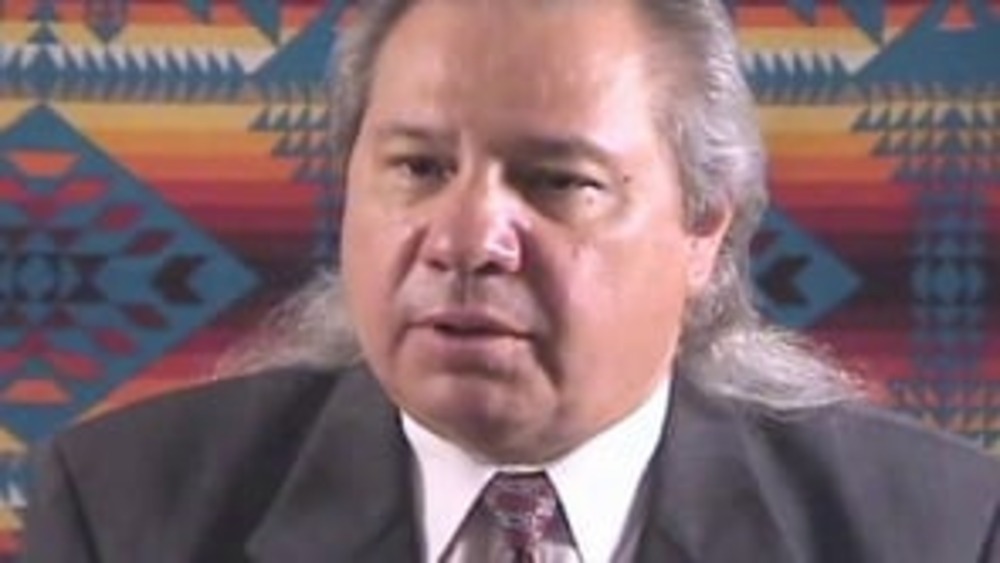
Great Tribal Leaders of Modern Times: John Echohawk
Produced by the Institute for Tribal Government at Portland State University in 2004, the landmark “Great Tribal Leaders of Modern Times” interview series presents the oral histories of contemporary leaders who have played instrumental roles in Native nations' struggles for sovereignty, self-…
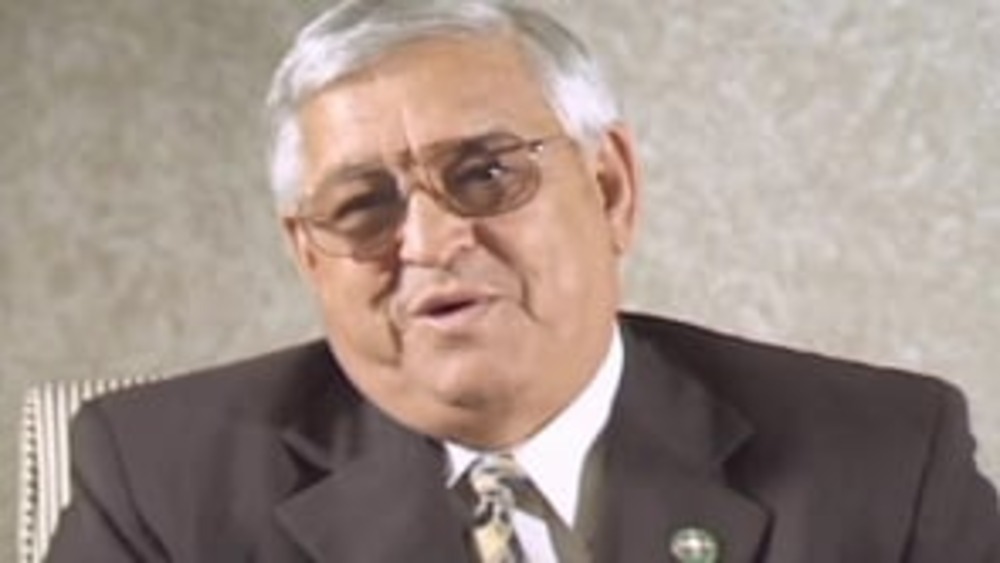
Great Tribal Leaders of Modern Times: Eddie Tullis
Produced by the Institute for Tribal Government at Portland State University in 2004, the landmark “Great Tribal Leaders of Modern Times” interview series presents the oral histories of contemporary leaders who have played instrumental roles in Native nations' struggles for sovereignty, self-…
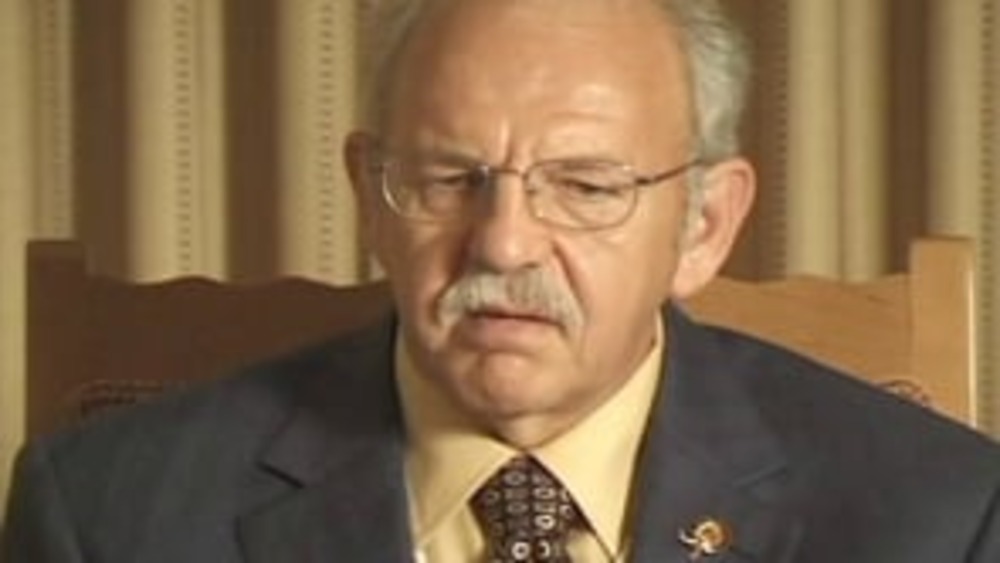
Great Tribal Leaders of Modern Times: W. Ron Allen
Produced by the Institute for Tribal Government at Portland State University in 2004, the landmark “Great Tribal Leaders of Modern Times” interview series presents the oral histories of contemporary leaders who have played instrumental roles in Native nations' struggles for sovereignty, self-…
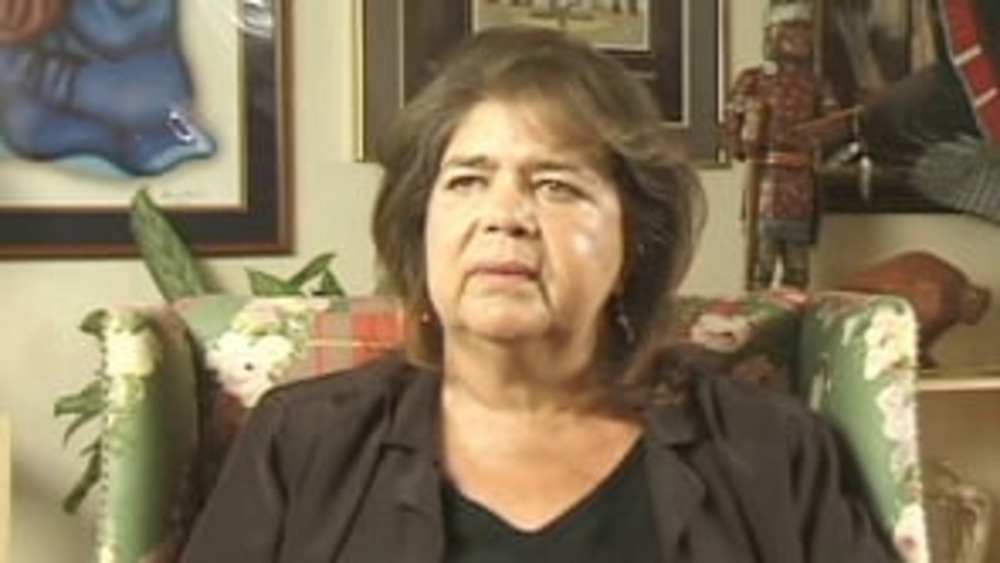
Great Tribal Leaders of Modern Times: Wilma Mankiller
Produced by the Institute for Tribal Government at Portland State University in 2004, the landmark “Great Tribal Leaders of Modern Times” interview series presents the oral histories of contemporary leaders who have played instrumental roles in Native nations' struggles for sovereignty, self-…
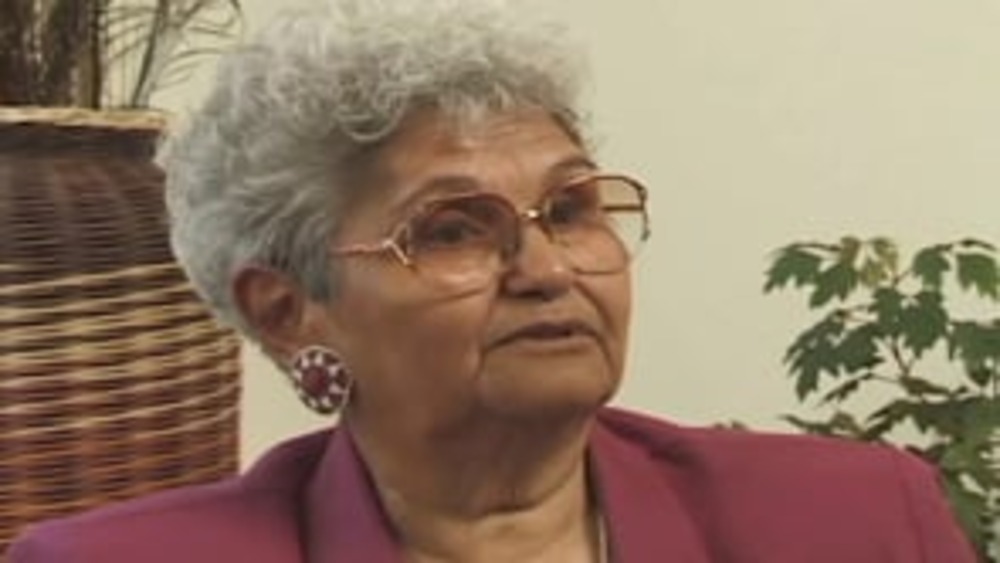
Great Tribal Leaders of Modern Times: Kathryn Harrison
Produced by the Institute for Tribal Government at Portland State University in 2004, the landmark “Great Tribal Leaders of Modern Times” interview series presents the oral histories of contemporary leaders who have played instrumental roles in Native nations' struggles for sovereignty, self-…
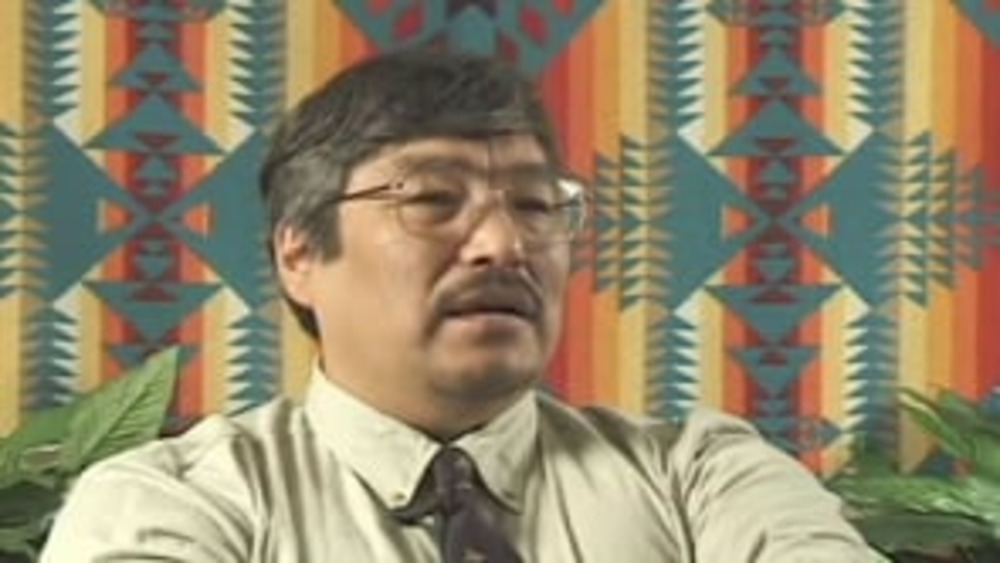
Great Tribal Leaders of Modern Times: Mike Williams
Produced by the Institute for Tribal Government at Portland State University in 2004, the landmark “Great Tribal Leaders of Modern Times” interview series presents the oral histories of contemporary leaders who have played instrumental roles in Native nations' struggles for sovereignty, self-…
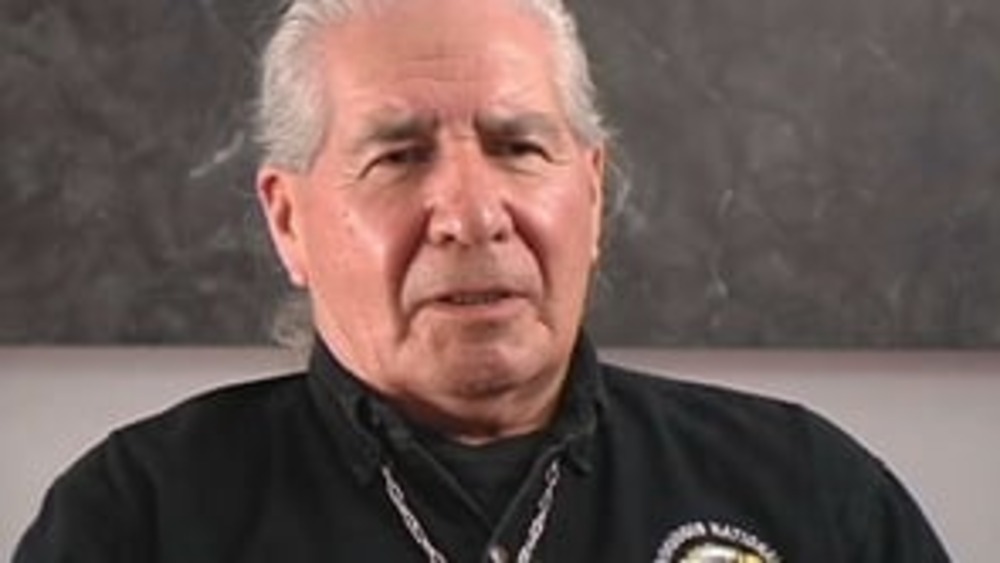
Great Tribal Leaders of Modern Times: Oren Lyons
Produced by the Institute for Tribal Government at Portland State University in 2004, the landmark “Great Tribal Leaders of Modern Times” interview series presents the oral histories of contemporary leaders who have played instrumental roles in Native nations' struggles for sovereignty, self-…
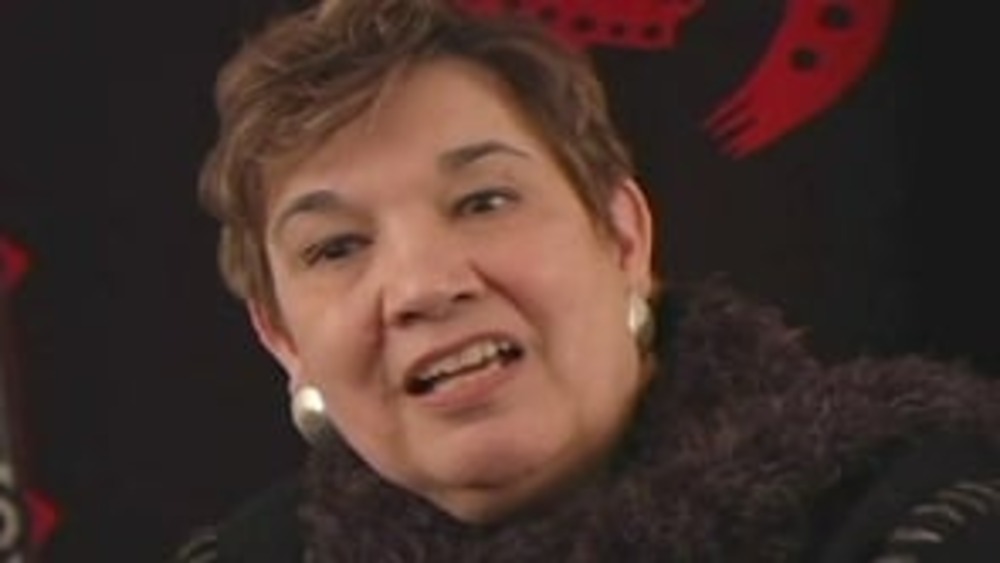
Great Tribal Leaders of Modern Times: Jayne Fawcett
Produced by the Institute for Tribal Government at Portland State University in 2004, the landmark “Great Tribal Leaders of Modern Times” interview series presents the oral histories of contemporary leaders who have played instrumental roles in Native nations' struggles for sovereignty, self-…
